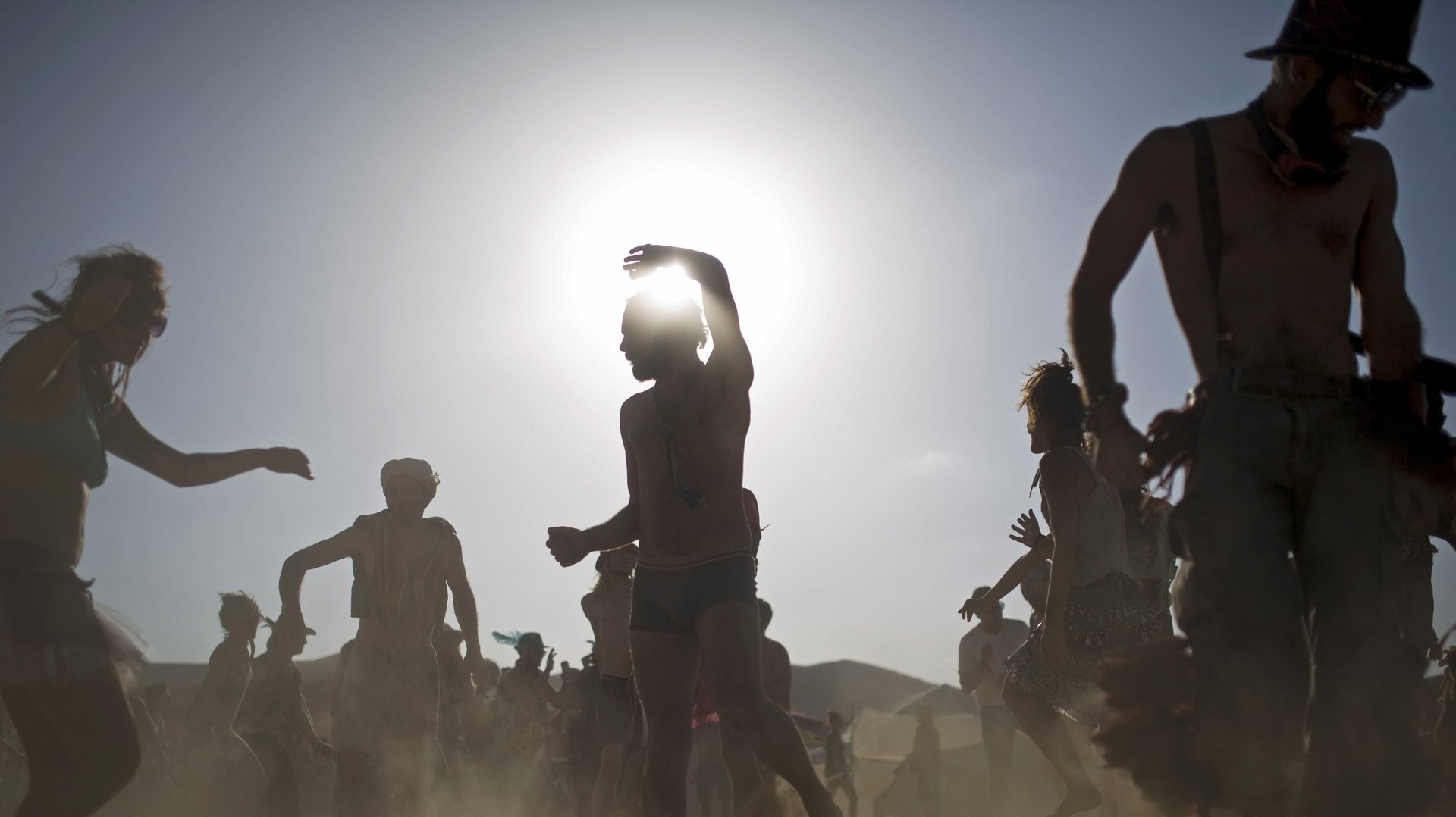Scientists keep “discovering” things stoners already know
Scientific jargon has the remarkable ability to turn just about anything into pseudo-academic pontification. This month, the prestigious peer-reviewed journal Consciousness and Cognition published a paper titled “Synesthetic hallucinations induced by psychedelic drugs in a congenitally blind man,” which sounds impressive. It is, in reality, a lengthy description of a former rock star’s hallucinogenic experiences 40 years ago, during the 1970s.


Scientific jargon has the remarkable ability to turn just about anything into pseudo-academic pontification. This month, the prestigious peer-reviewed journal Consciousness and Cognition published a paper titled “Synesthetic hallucinations induced by psychedelic drugs in a congenitally blind man,” which sounds impressive. It is, in reality, a lengthy description of a former rock star’s hallucinogenic experiences 40 years ago, during the 1970s.
The authors use more scholarly language to describe their work:
BP’s personal experience provides us with a unique report on the psychological and sensory alterations induced by hallucinogenic drugs, including an account of the absence of visual hallucinations, and a compelling look at the relationship between LSD induced synesthesia and crossmodal correspondence.
But while the tales recounted by “BP” (an abbreviation of the rock star’s pseudonym, Mr. Blue Pentagon) may be “unique” to the scientists, they will be familiar to anyone who’s hung out with a stoner before.
The authors pad their paper with references to other academic articles on LSD-induced synesthesia (which is essentially when one sensory experience, such as hearing, triggers another, such as touch.) But most of the original content in the paper is 1,045 words about BP’s fun times on drugs. One key passage reads:
During my psychedelic experiences, whenever I listened to music, I felt as if I was immersed in the most beautiful waterfall ever. The episode of the waterfall was the nearest I ever came to experiencing anything like synesthesia. The music of Bach’s third Brandenburg concerto brought on the waterfall effect. I could hear violins playing in my soul and found myself having a one hour long monologue using different tones of voices. I remember they sounded extremely unique! LSD gave everything “height.” The sounds coming from songs I would normally listen to became three dimensional, deep and delayed. It seemed that music began coming apart and unravelling. My favourite track began to echo in my mind, as if my brain would hear the music played in the present, but while still hanging on to what I had heard a second before. It was like a tape loop that kept on echoing. This led me to look within and I became more aware of myself and the understanding of life, of people, and the music I was listening to.
In tales that will sound familiar to anyone who’s ever had to listen to stories of someone else’s LSD trip, he goes on:
Once I took acid and marijuana at the same time and I wanted to feel everyone’s faces so that I could tell each person what I thought of them just by touching their faces. It was a very strange experience as their skin felt so soft, but their eyes, noses and mouths were in some way distorted. I often felt it took me so long to do certain things, it was like LSD also made time last longer. I know it is not scientifically possible to stretch time, but that’s what it felt like.
These experiences all occurred over 40 years ago. BP stopped using hallucinogens in 1975 (though he later adds that he continued using marijuana until 1992, “when I started playing competitive chess.”)
BP is blind, which changed the nature of his trips—“because I have no visual mental imagery through which I can speak, I perceive things in the senses I possess,” he says. The authors note that their paper “raises an interesting question—how the total deprivation of sight, the primary sensory experience in humans, impacts the experience of hallucinogenic substances?” BP’s account though, doesn’t provide an answer.
The body of academic work validating commonplace anecdotes about hallucinogenic drugs is growing. Scientists have published papers on, for example, the mystical experiences created by psilocybin, the key ingredient in magic mushrooms.“Researchers have identified a feeling of ‘unity’ or oneness of all things as the most prominent feature” of such experiences, wrote Shelby Harman in Quartz last year. Academic research on psilocybin has also lent credibility to the theory that the self is nothing more than an illusion. “When some study subjects tested psilocybin, they reported a strong sense of interconnectedness, as well as spiritual, magical, and supernatural feelings,” wrote Ephrat Livni for Quartz earlier this year.
These studies went beyond just recording participants’ experiences of drugs. For example, the paper showing that psilocybin created a “strong sense of interconnectedness” also examined the brain networks behind such experiences. The research on mystical experiences compared the sense of spirituality that comes from psychedelics with that which comes from religious experiences.
But as the newly published synesthetic hallucination paper shows, simply describing trips is, at least in some cases, considered a worthwhile addition to the academic literature. BP’s “case report” might, in another context, be dismissed as nothing better than an Erowid “experience” entry; here, it was couched in academic jargon and sent through peer review before being published in a journal—and so is considered legitimate.
This isn’t uncommon. Artists given psychedelic drugs have been described in journals speaking, “of an increased richness of imagery and of pleasurable sensory experiences. One said, “I looked out of the window into the infinitely splendid universe of a tiny mauve leaf performing a cosmic ballet.” Another spoke of “light falling on light.”” Other participants in studies have described their experiences, relayed by academics, as, ”I felt a communion with all things,” and, “Every corner is alive in a silent intimacy.”
There remains the paucity of research into psychedelics, which means basic descriptions of drug experiences are still novel in an academic context. What’s new information to scientists, though, is very old news to stoners.